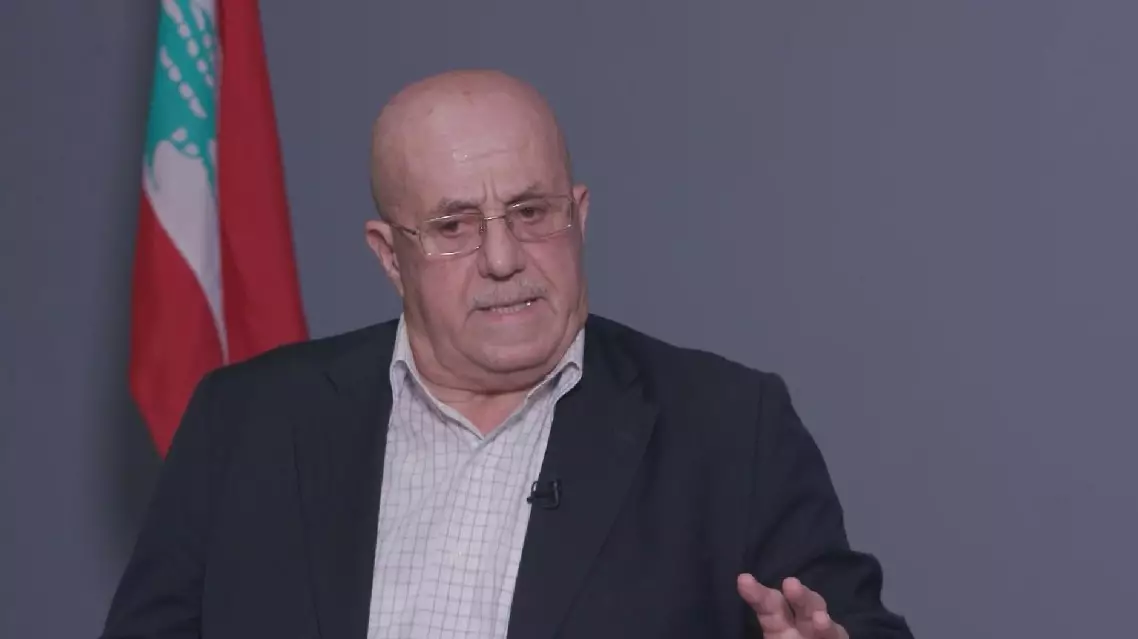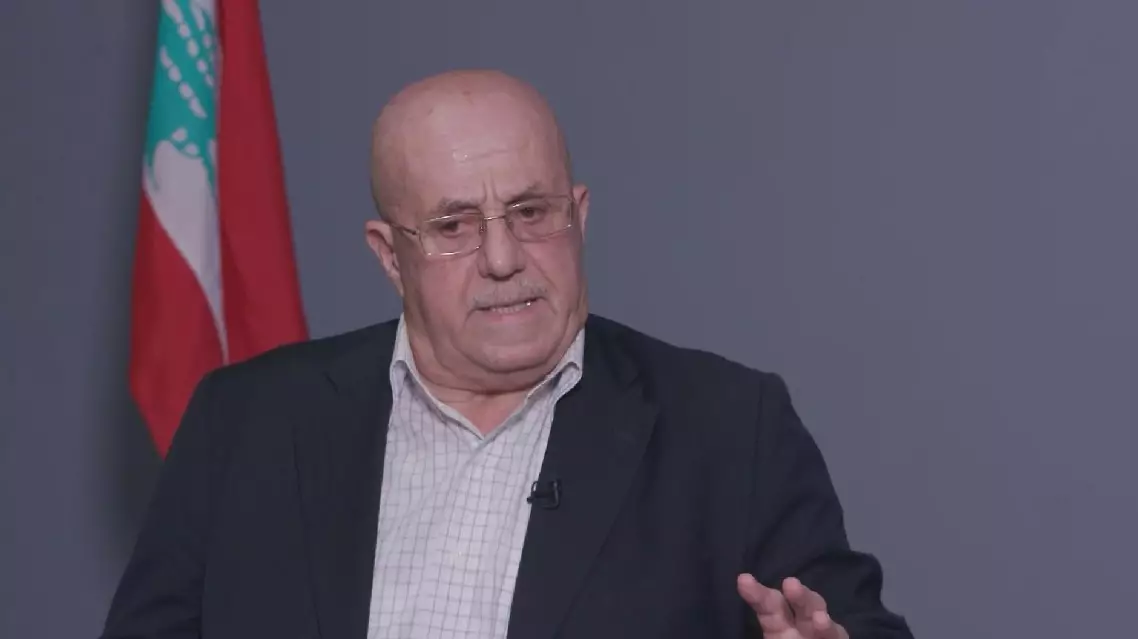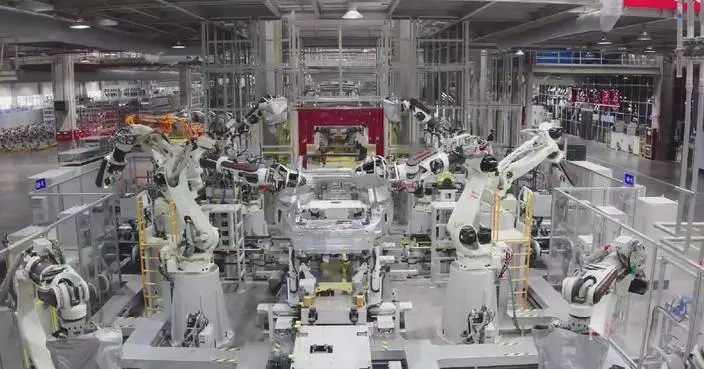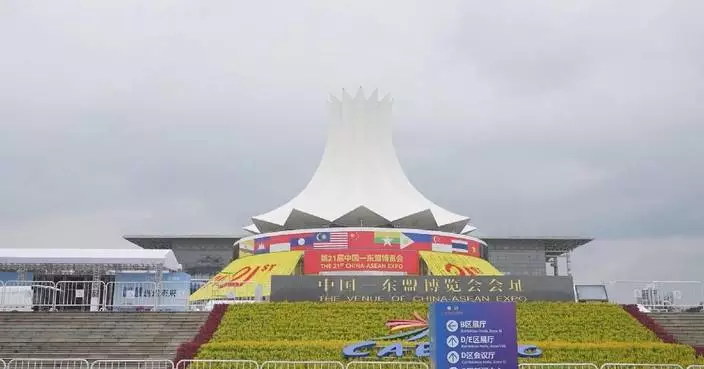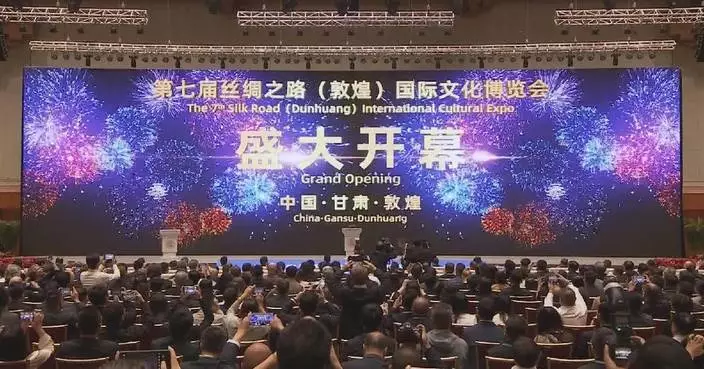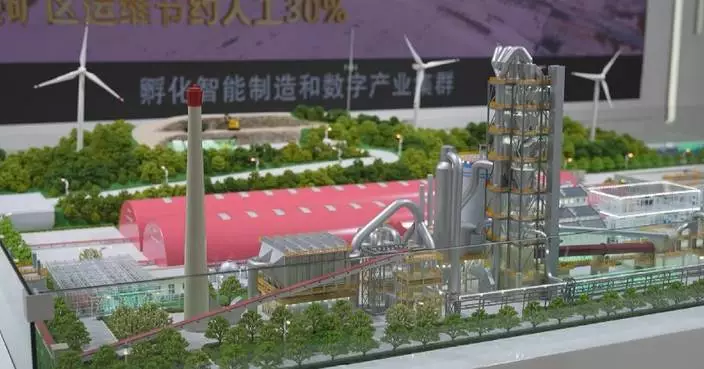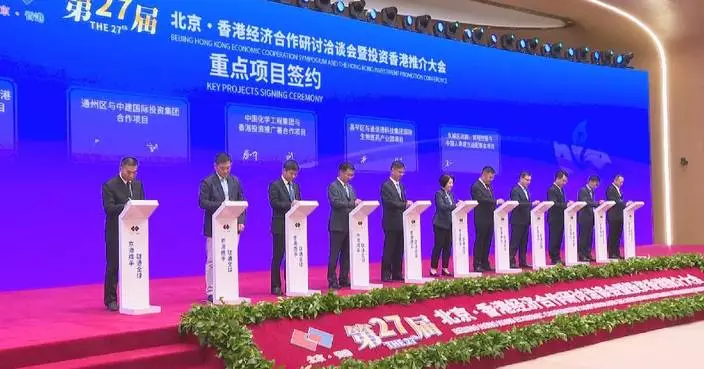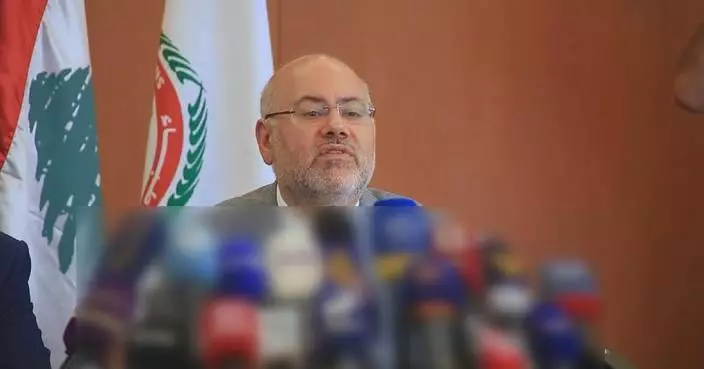President of the Republic of the Congo Denis Sassou Nguesso has hailed the "sea change" that has taken place in China over the past decades and expressed his optimism over the development of bilateral relations.
Sassou Nguesso was among dozens of African leaders who came to Beijing to attend the 2024 Summit of the Forum on China-Africa Cooperation (FOCAC) held from Sept. 4 to 6. He also paid a state visit to China and held fruitful talks with Chinese President Xi Jinping.
Shortly after his talks with President Xi, Sassou Nguesso sat down for an exclusive interview with the China Media Group, during which he recalled his first trip to China 60 years ago and highlighted his high hopes for bilateral cooperation.
"This year marks the 60th anniversary of our two countries' diplomatic ties. I told President Xi that I had the honor to step on the land of China along with my five Congolese colleagues as part of the first delegation to visit the country in September 1964. Today, I'm back for another visit to China in September 2024. In these 60 years, what has impressed me deeply is the sea change that has taken place in China. During all these years, the relationship between the Republic of the Congo and China has taken an amazing leap forward, and every concrete cooperation result we have achieved has been welcomed and appreciated by the people of the Republic of the Congo. Looking forward, we are optimistic about the prospects of bilateral relations," Sassou Nguesso said in the interview which was aired on Friday.
Sassou Nguesso also shared his experience on visiting a section of the Great Wall and the Palace Museum in Beijing during his visit this year which was his 17th trip to China in six decades, saying he was deeply impressed by the grandeur of both landmarks and the transformation of the urban landscape in the Chinese capital.
"For me, it was like a trip to the holy land. They are two of the most symbolic landmarks of China. I only visited back in 1964. As my exchanges with China increase in frequency, I have visited China for a total of 16 times in the past 60 years. During my 17th trip this year, I made a point of going to the places that left me a deep impression in 1964 for a revisit and found out that they each have taken a new look. The day I went to the Great Wall, I felt myself a stranger to the roads and its surroundings. I saw highways one after another and they were nothing like what I remembered in 1964. There was only one road leading to the Great Wall back then, and now it's highways everywhere," said the president.
Sassou Nguesso also recalled President Xi's state visit to the Republic of the Congo in 2013 as part of his first trip aboard since becoming the president of China.
"At the time, we had the great pleasure of welcoming President Xi. It was his first trip abroad since becoming Chinese president. We felt honored by President Xi's presence in Brazzaville and has remembered his visit ever since," he said.
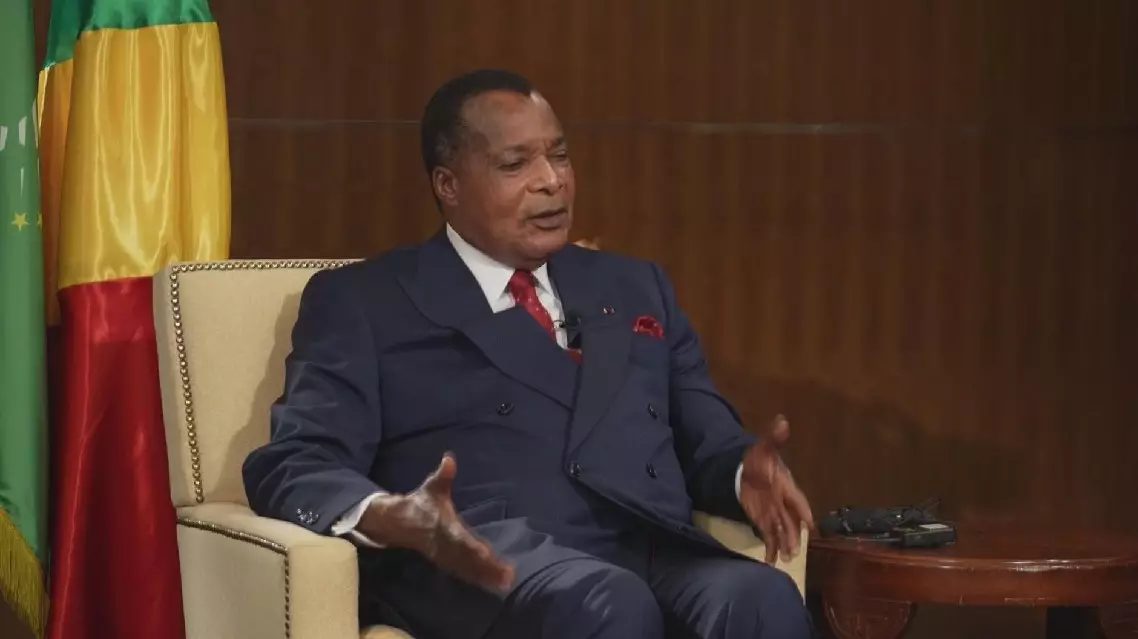
President of Republic of Congo optimistic about further developing ties with China


